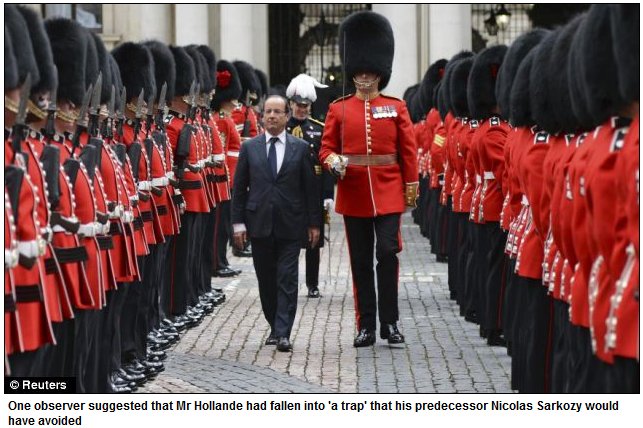Jacob Sullum on the recent election result as a sign of repudiation for American drug policy:
Early last year, when the death toll from Mexican President Felipe Calderon’s crackdown on the cartels stood at 35,000 or so, Michele Leonhart, head of the U.S. Drug Enforcement Administration, told reporters in Cancun “the unfortunate level of violence is a sign of success in the fight against drugs.” The results of last week’s presidential election, in which the candidate of Calderon’s National Action Party (PAN) finished a distant third, suggest Mexican voters are no longer buying that counterintuitive argument, if they ever did.
Even if “the fight against drugs” were winnable, it would be an outrageous imposition. Why should Mexicans tolerate murder and mayhem on an appalling scale (more than 50,000 deaths since Calderon launched his assault in December 2006), not to mention the rampant corruption associated with prohibition, all in the name of stopping Americans from obtaining psychoactive substances that their government has arbitrarily decreed they should not consume? That sort of arrogant expectation is becoming increasingly untenable.
Mexico’s incoming president, Enrique Pena Nieto of the Institutional Revolutionary Party (PRI), has promised continued cooperation with U.S. drug warriors. But during the campaign, he and the other two leading candidates all said controlling violence, as opposed to seizing drugs or arresting traffickers, would be their top law enforcement priority. Pena Nieto has reiterated that commitment since the election, saying his success should be measured by the homicide rate.




